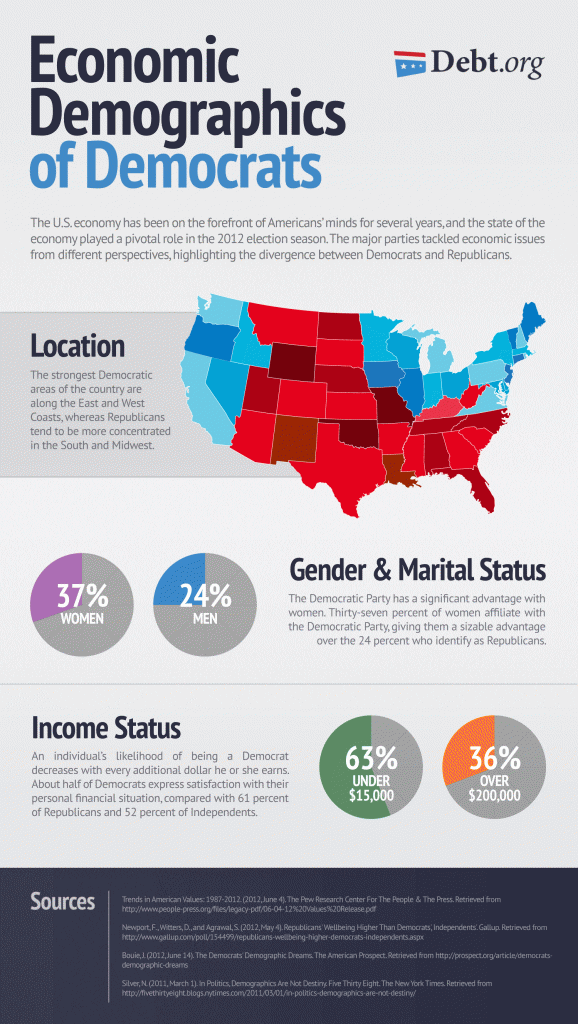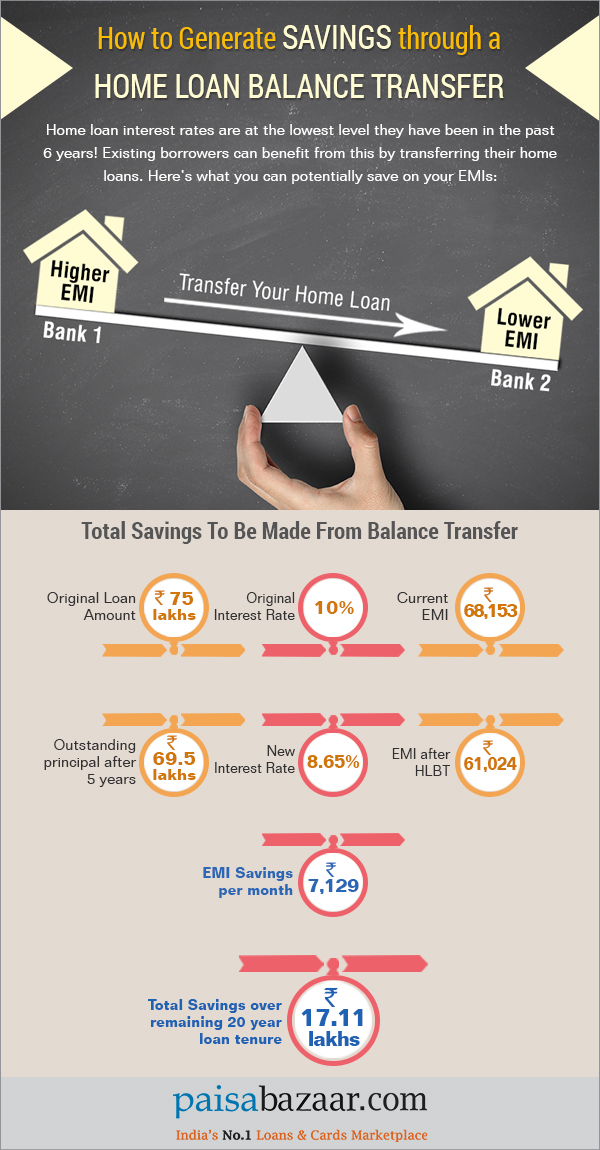Table of Content
You can get an estimate of your debt-to-income ratio using our DTI Calculator. Determining your monthly mortgage payment based on your other debts is a bit more complicated. Multiply your annual salary by 0.36 percent, then divide the total by 12. This is the maximum amount you can pay toward debts each month. This looks at how much you make in proportion to how much the mortgage will cost you each month, including extras like private mortgage insurance, homeowners insurance and property taxes. Typically, lenders cap the mortgage at 28 percent of your monthly income.
Yes, multiple government programs offer or back mortgage loans with favorable terms for borrowers with low income. According to the terms of FHA loan requirements, your credit score would determine how much your down payment would be. Also, you can put toward your down payment monetary gifts from family members, employers, close friends, and charitable organizations. This article will review five home loan programs that specialize in helping low-income borrowers reach their goal of homeownership.
Repair/renovation loans and grants
Once the application is processed, you should receive a decision soon. This will include proof of income, bank statements, and tax returns. Having everything in order will make the application process go much more quickly.
Be aware that lenders look at far more than the percentage of monthly income put towards a mortgage. Outside of credit score, lenders typically look at your debt-to-income ratio, which compares your monthly debts, including the prospective mortgage payment, to your expenses. With lenders looking at income and expenses, our mortgage calculator provides a great option when determining what you can potentially afford. We're able to do this by not only considering the loan amount and interest rate but the additional factors that affect your ability to qualify for a mortgage. We include your other debts and liabilities that have to be paid each month and costs like taxes and homeowner's insurance that are part of the monthly mortgage payment.
We can't thank LoanLink24 enough
A great credit score can raise the dollar amount you qualify for. If you don’t have a great credit score, you may want to work on that first before continuing your homeownership journey. As a low-income borrower, you need to have all other aspects of your mortgage application in top shape to get the best home available. Ask a local real estate agent about down payment assistance programs in your area, and see our page down payment assistance page for more examples of organizations that participate. Sometimes the down payment assistance is a low-income grant that you don’t have to repay. Other DPA programs lend you money at little or no interest but need to be repaid eventually.
Your loan officer can help you understand which sources of income are eligible and the home prices you can afford based on your monthly cash flow. That means you need to prove you have enough income to cover your future monthly payments. Categorically, most credit unions can provide a host of financial services to people with poor credit. Credit unions pay less attention to your credit score and more attention to things like your annual income. If you have finally found your dream home and you haven't pre-qualified for a loan yet in order to see how much you can afford when it comes to buying your home, you can work backwards instead.
Mortgage Tools
We're not including any expenses in estimating the income you need for a $500,000 home. We're not including additional liabilities in estimating the income you need for a $750,000 home. Determining affordability is essential in the homebuying process. You can gauge how much of a mortgage loan you may qualify for based on your income with our Mortgage Required Income Calculator. You will need to work backward by altering the mortgage cost and supplying details of your other financial commitments.
For a taxable income of €265,327 / €530,652 (single persons / married couples or registered partners, for the year 2019) and up, the top rate is 45%. People with disabilities are entitled to a deduction for any higher expenditure resulting directly from their disability. This may either be deducted as a lump-sum disability allowance or – on the basis of evidence provided – the actual expenses incurred. In addition, maintenance payments to persons entitled to maintenance and expenditure on vocational training for children can be deducted. In addition, certain costs incurred for private purposes can be deducted. This is applied by municipalities on the value of the property multiplied by a municipal coefficient.
Even if you sit on the sidelines, though, it’s smart to go ahead and line up the right real estate agent to have by your side. But of course, if a property that looks like a perfect fit is sitting on the market, your agent can make sure you don’t miss out on the opportunity. With generally less strict requirements than other government-backed programs, the FHA loan program is designed to help first-time low-income buyers enter the housing market. A conventional loan with 20% or more down won’t require mortgage insurance. VA loans don’t require annual mortgage premiums even if you don’t make a down payment.

In other words, your savings component increases, month by month, year by year. The more equity or savings you bring in, the lower your loan-to-value ratio LTV and hence the interest rate at which the bank grants you your mortgage. Typically, banks lower the interest rate gradually in 5% steps of the LTV. In other words, a higher down payment means a lower LTV and a lower interest rate, and vice versa, a lower down payment means a higher interest rate due to a higher LTV.
Once you've selected your mortgage offer, we will provide you a document checklist that shows all the required document you need to submit. In your secure online account, you can easily upload your required personal, property and mortgage documents to get approved faster than traditional brokers. This annuity payment consists of both interest and principal repayment.

This means that even if you have bad credit, you may still be able to qualify for this type of loan. Many lenders commonly require private mortgage insurance if a borrower contributes less than a 20% down payment on a home purchase. PMI protects the lender against losses that may occur when a borrower defaults on a mortgage loan. Our calculator bases the PMI on the home price and down payment amount. You can choose to include or exclude PMI in the advanced options of the affordability calculator.
A credit union is a nonprofit organization that provides services to its members based on their best interests. Credit unions are organized into social, peer, and professional affiliations, which dictate the investment opportunities that shape the operations. Credit union memberships are typically lifetime, and they offer better rates and terms than other alternatives.

Conventional loans are not insured by government agencies like the FHA, USDA, or VA. Instead, they are regulated by Fannie Mae and Freddie Mac, which are sponsored by the federal government. There are many loan options available today that cater to lower-income households.
This estimate is for an individual without other expenses, and your situation may differ. Use our calculator above to personalize the estimate of the income you'd need for a $900,000 home. Scroll down the page for more detailed guidance on using this mortgage calculator and frequently asked questions. As a self-employed borrower, be mindful that too many business deductions on your tax return can reduce your qualifying amount. Lenders use your net income after deductions for qualifying purposes.

If you have credit payments of $1250 a month, a credit card with a $5,000 limit and two dependents, and your loan rate is 15%, it is unlikely that you will qualify for additional credit. There is no magic number when it comes to determining how much income you need to qualify for a loan. Lenders can look at a variety of factors, including your employment history, credit score, and debt-to-income ratio. The reason they consider all of these factors is to determine how much you can afford to borrow. For these reasons, it’s important to carefully consider whether an income-based loan is right for you. While it can provide some flexibility in terms of monthly payments, it’s important to be aware of the risks before taking out this type of loan.









